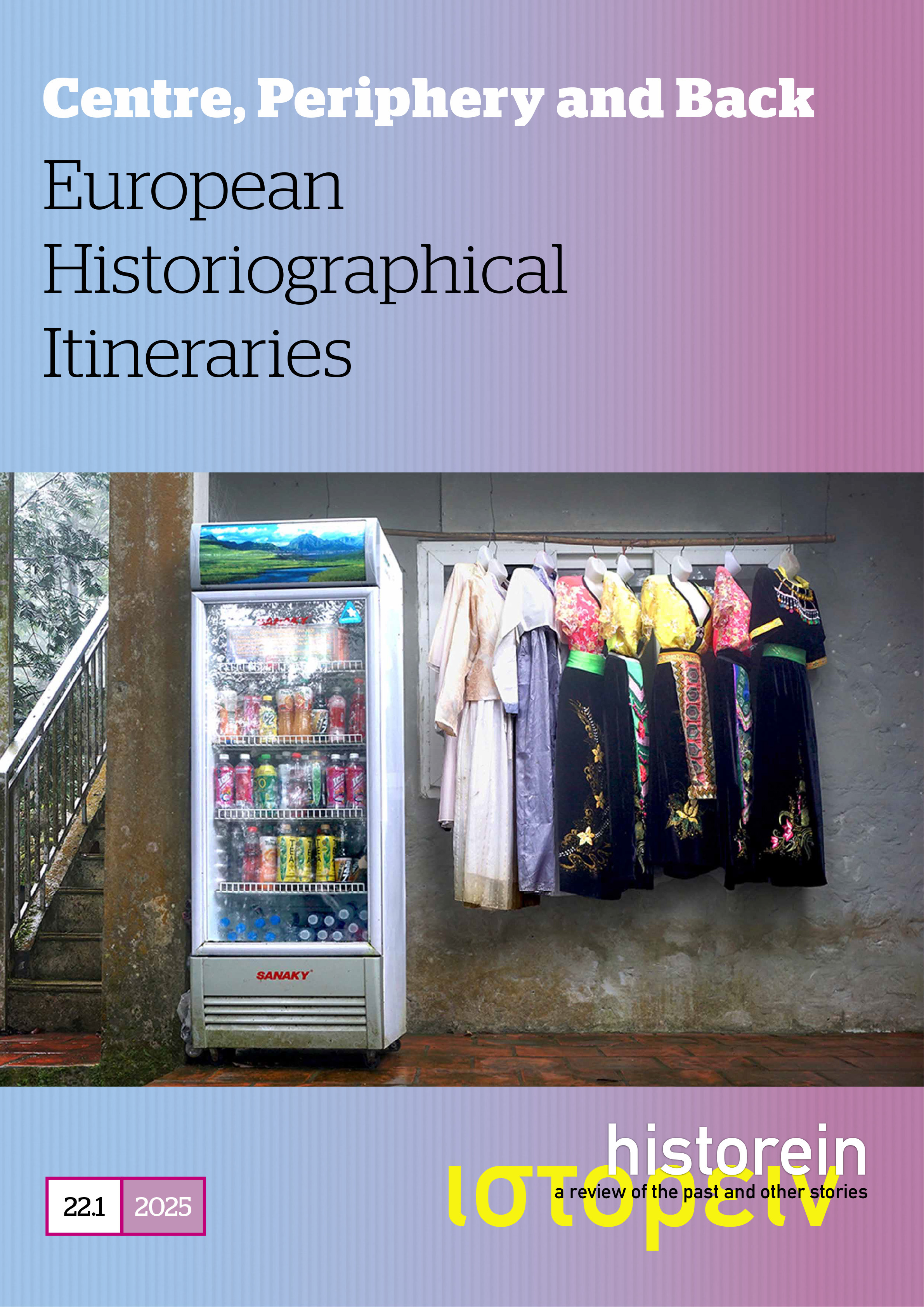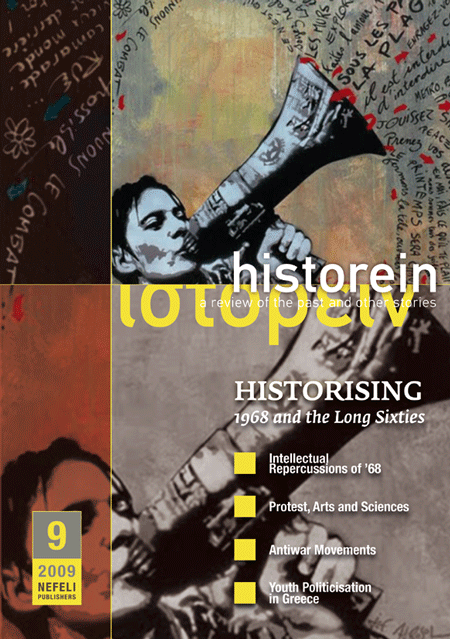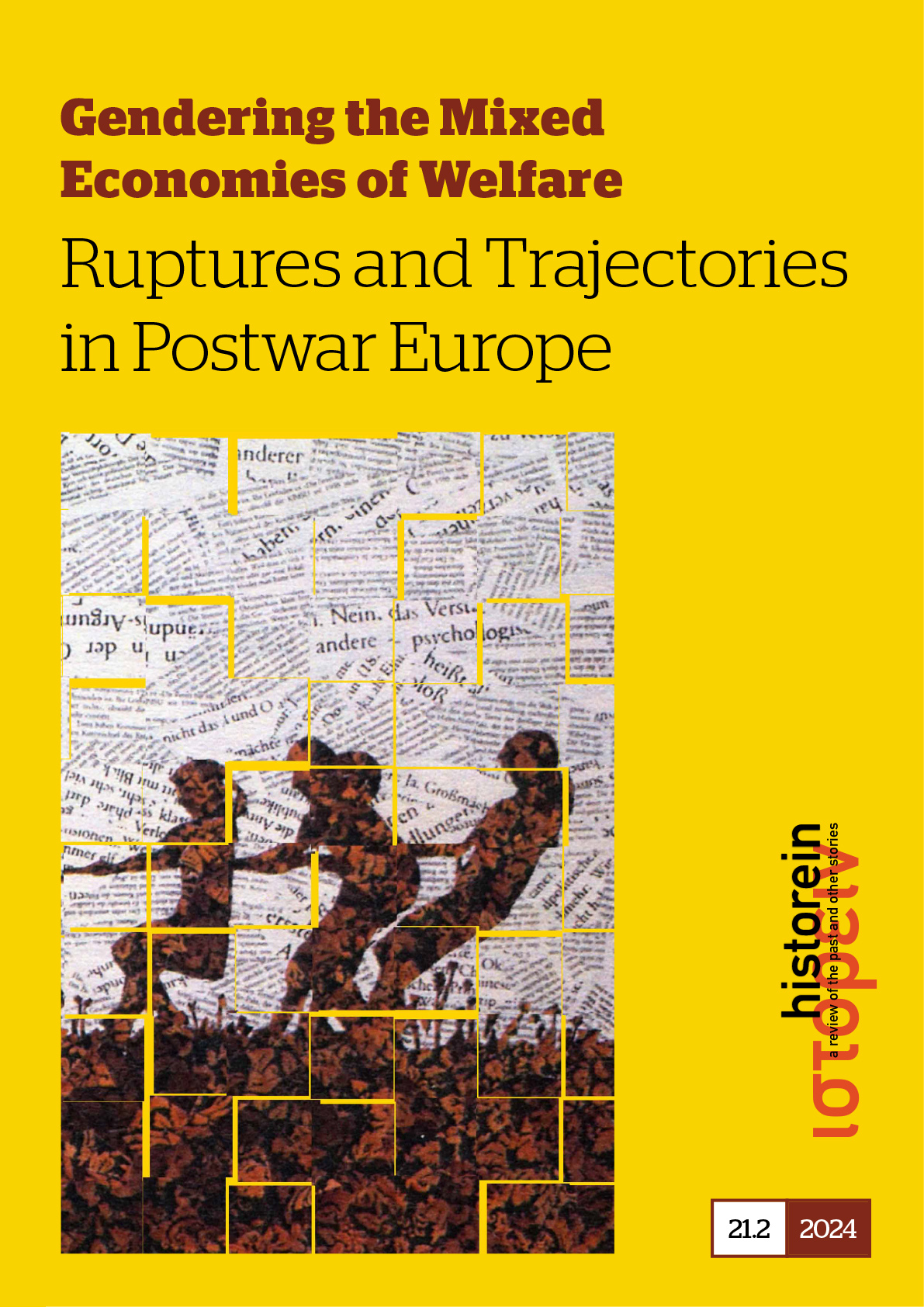Centre, Periphery and Back European Historiographical Itineraries

Abstract
This special issue consists of a collection of six articles by Greek historians of the periphery of Europe that look at the perplexities and challenges of European historiography of the centre. Their analysis aims to interpret pivotal moments that have shaped recent historiographies in tackling the advance of global history, and the successful or unsuccessful ways in which world histories have rearranged notions of nation, empire and interconnectedness through economy and culture. They seek not to write a different history than a native historian would, especially as academic connectedness and informed research is the aim of every historian in any case, but to express how, in their opinion, ruptures in dominant convictions and essentialised ideas function in historiographical terms today. A common thread in these essays is that, despite the expansion of methodologies and globalised historiographical endeavours, the nation persists in many recent historical works as a constant, essential unit in the historical profession. In that sense, even when the peripheries enrich historical research, they rarely produce holistic works or independent theoretical frameworks.
Article Details
- How to Cite
-
Syriatou, A. (2025). Centre, Periphery and Back: European Historiographical Itineraries. Historein, 22(1). https://doi.org/10.12681/historein.41308
- Section
- INTRODUCTION

This work is licensed under a Creative Commons Attribution-NonCommercial-ShareAlike 4.0 International License.
The copyright for articles in this journal is retained by the author(s), with first publication rights granted to the journal. By virtue of their appearance in this open access journal, articles are free to use (with the exception of the non-granted right to make derivative works) with proper attribution for non-commercial uses (licence Creative Commons 4.0). EKT/NHRF retains the worldwide right to reproduce, display, distribute, and use articles published in Historein in all formats and media, either separately or as part of collective works for the full term of copyright. This includes but is not limited to the right to publish articles in an issue of the Journal, copy and distribute individual reprints of the articles, authorize reproduction of articles in their entirety in another EKT/NHRF publication, and authorize reproduction and distribution of articles or abstracts thereof by means of computerized retrieval systems.




